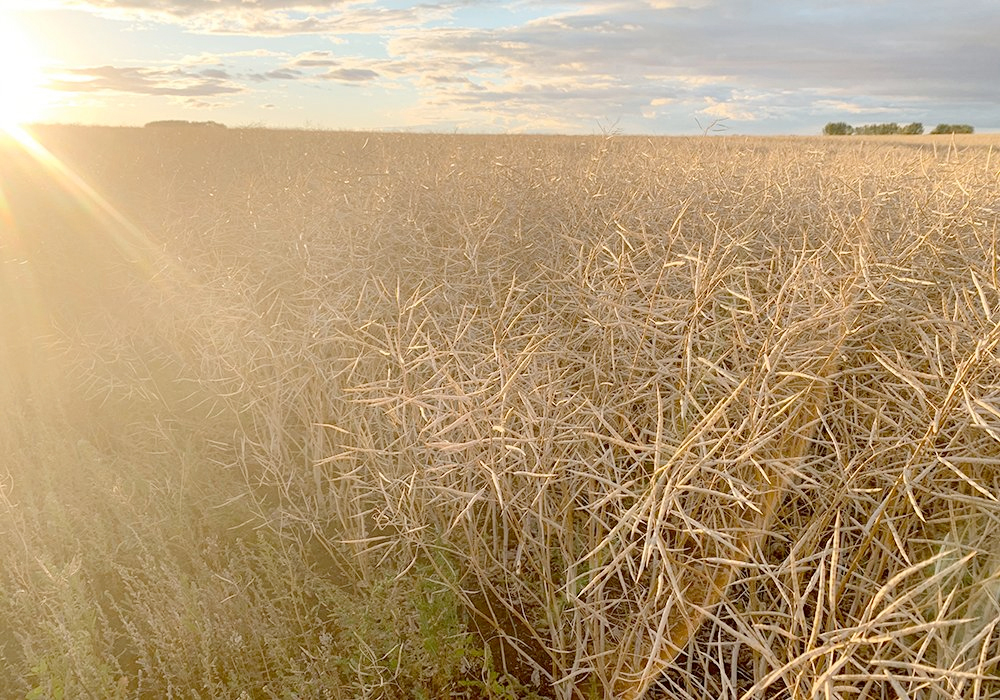HAMBURG, Germany (Reuters) — German environment minister Steffi Lemke says she will soon send proposals to cabinet for the country to withdraw from the use of crop-based biofuel to achieve reductions in greenhouse gases.
“Biofuels stand for land consumption and loss of biological diversity,” Lemke said.
“To replace only around four percent of fossil fuel use in German road transport, a land space in Germany and abroad is needed which represents about 20 percent of the German agricultural area. That is not future-orientated.”
The European Union’s biodiesel industry has been a major buyer of Canadian canola in recent years.
Read Also

Short rapeseed crop may put China in a bind
Industry thinks China’s rapeseed crop is way smaller than the official government estimate. The country’s canola imports will also be down, so there will be a lot of unmet demand.
Oil companies have a greenhouse gas reduction target that they can partly fulfil with biodiesel, often made from canola oil or waste vegetable oil, and bioethanol, which can be produced from grain or sugar.
“I want to intensify the use of real biofuels produced from garbage, wastes and used edible oil,” Lemke said, adding she saw more potential to reduce the quota of greenhouse gas emissions in road transport using waste-based biofuel.
“Therefore we will, as soon as possible, propose to the cabinet the legal framework for a withdrawal from biofuels from food and animal feed crops.”
Germany previously announced it would ban palm oil use in biofuel production from 2023.
Lemke and German agriculture minister Cem Oezdemir, who are members of the Green party in Germany’s ruling coalition, have both called for the end of food crops in biofuel production, saying food is too valuable to be used for fuel output.
Use of food crops for biofuel production has been increasingly criticized in recent years, including as world food prices surged in 2022 following the war in Ukraine.















